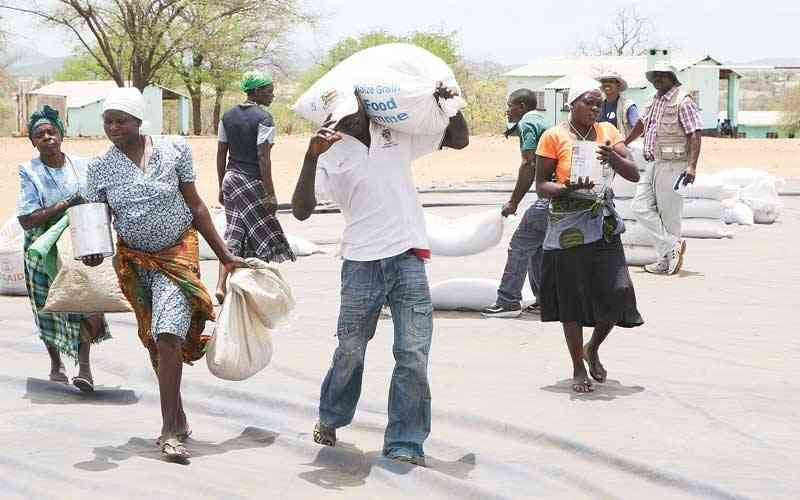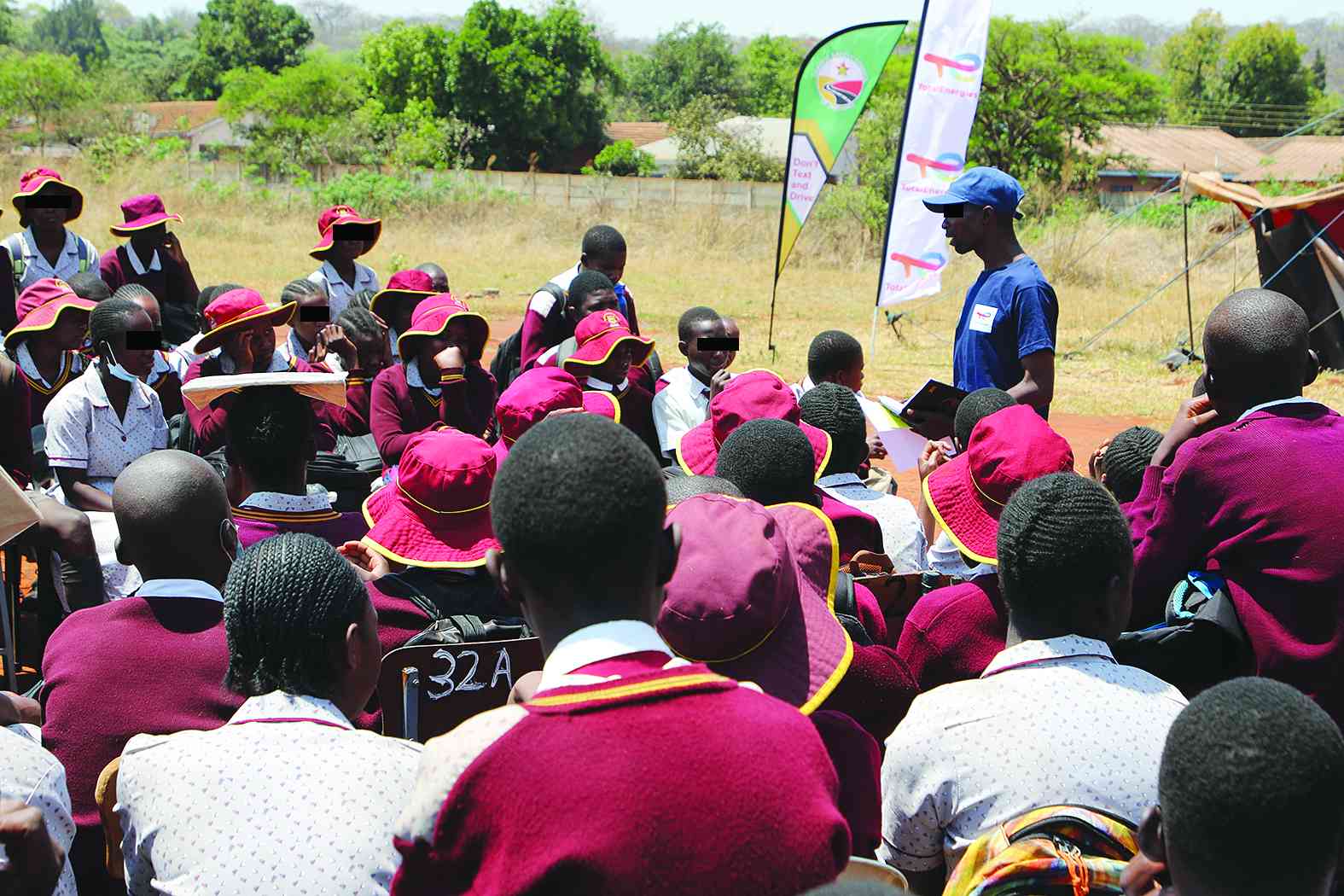
IT’S a recurring theme every tobacco season: cases of child labour are rampant and seem to be increasing every year, thanks to government ineptitude and a poorly economy that is forcing school children to take to the field to fend for themselves.
Zimbabwe is Africa’s biggest tobacco grower and one of the world’s top exporters of the golden leaf. But this often masks the twin evils that are behind its success: deforestation and child labour.
And every year, we hear pledges from the authorities to fight deforestation and child labour in response to pressure from rights groups, environmentalists and international buyers.
But the barbaric practice has persisted. It should not, and needs to be addressed by government as a matter of priority.
Tobacco is certainly one of Zimbabwe’s biggest foreign currency earners, alongside gold exports and remittances.
The golden leaf, as it has been for the southern African country for decades, earned Zimbabwe about US$1,2 billion in exports last year and government is on a big push to boost it “into a US$5 billion industry by 2025,” according to Agriculture minister Anxious Masuka.
Back in March, at the start of the tobacco selling season this year, Masuka said government hoped to encourage an increase in the size of the tobacco crop to 300 million kilogrammes annually by providing more local funding to farmers.
However, a plan to deal with the attendant evils was lacking, even as international marketers are urging Zimbabwe to produce the crop in ways that do not harm the environment or use child labour.
- Chamisa under fire over US$120K donation
- Mavhunga puts DeMbare into Chibuku quarterfinals
- Pension funds bet on Cabora Bassa oilfields
- Councils defy govt fire tender directive
Keep Reading
Child workers are exposed to nicotine and toxic pesticides, and many suffer symptoms consistent with nicotine poisoning from handling tobacco leaves.
It is remiss on the part of government not to act on the scourge.
Some have previously argued that the participation of children in aspects of farm work was part of a “generational transfer of skills and should not be lumped together with abuses that may occur, such as interfering with schooling and health issues”.
That is just camouflaging child labour and other human rights abuses on tobacco farms in the country.
It is undeniable that after the fallow period as a result of the chaotic land reform exercise at the turn of the millennium, Zimbabwe has rapidly increased the size of its crop, regaining its spot as one of the world’s top five exporters of tobacco.
Last year, it exported just over 200 million kilogrammes, according to the Tobacco Industry Marketing Board.
Tobacco’s contribution to Zimbabwe’s economy is undeniable, but the continuing practice of using children in its production cycles is tarnishing the industry’s contributions to the country’s economic growth.
It’s high time government does more to stop child labour, particularly on tobacco farms.











